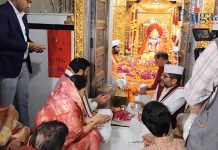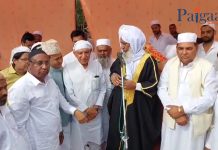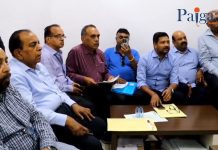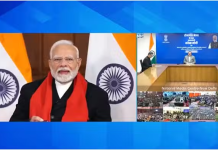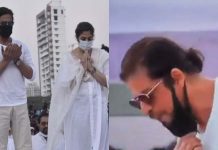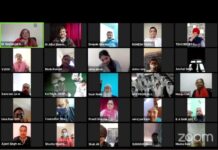The Supreme Court today declined urgent listing of BJP leader Subramanian Swamy’s plea seeking enforcement of his fundamental right to worship at the disputed Ram temple at Ayodhya and asked him to mention it again “later on”.
A bench comprising Chief Justice Dipak Misra and Justices A M Khanwilkar and D Y Chandrachud considered Swamy’s submission for urgent listing and hearing of his petition relating to the dispute.
“You mention it later on,” the bench said.
Swamy said the term “later on” was very subjective and added that he would mention his plea for hearing after 15 days again.
The apex court had refused urgent listing of Swamy’s plea for enforcement of his fundamental right to worship at Ram temple earlier as well.
On March 14, a special bench of the CJI and Justices Ashok Bhushan and S A Nazeer had dashed the hopes of activists like Shyam Benegal and Teesta Setalvad to intervene in the Ayodhya land dispute case and made it clear that only the parties to original lawsuits would be allowed contest.
It had also disallowed Swamy, at whose instance the cases were fast-tracked, from intervening in the main case.
However, the bench considered Swamy’s submission that he had not sought to intervene in the matter but had filed a separate writ petition seeking enforcement of his fundamental right to worship at the birthplace of Lord Ram in Ayodhya.
“I had filed a writ petition saying that I have a fundamental right to worship and this is a superior right than property right,” Swamy had said.
“As we are not inclined to permit the intervention application, the writ petition filed by the applicant (Swamy) shall stand revived and it shall be dealt with by the appropriate bench in accordance with law,” the bench had said.
The special bench of the apex court is considering 14 appeals filed against the high court judgement delivered in four civil suits.
A three-judge bench of the Allahabad High Court, in a 2:1 majority ruling, had in 2010 ordered that the land be partitioned equally among three parties — the Sunni Waqf Board, the Nirmohi Akhara and Ram Lalla.


